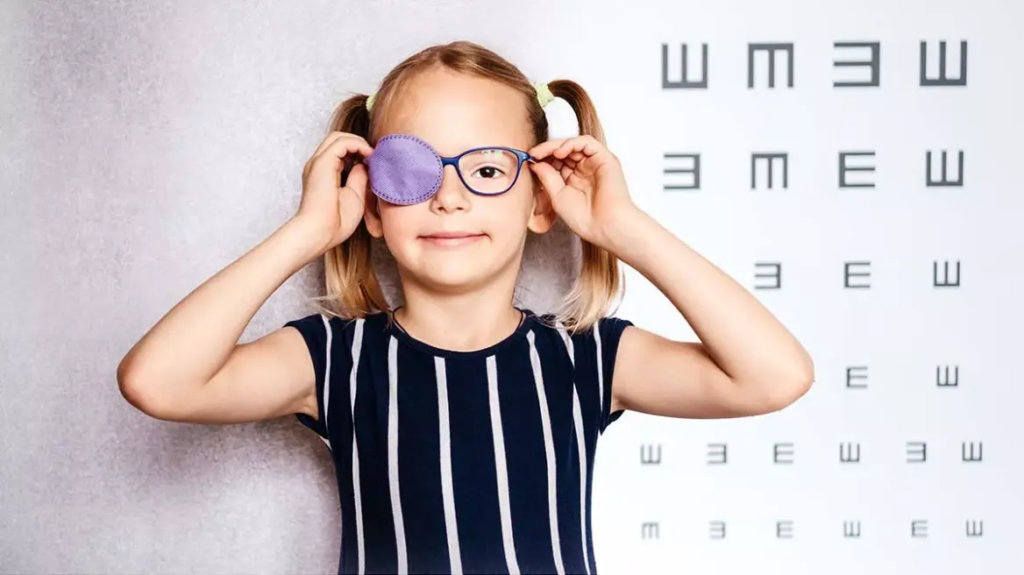The Cabinet proceeded today with the approval of the first National Strategy and Action Plan for Autism
,

“The Cabinet progressed today with the approval of the first National Strategy and Action Plan for Autism, with Deputy Minister of Social Welfare Marilena Evangelou emphasizing that the implementation of the strategy will allow authorities to have a comprehensive approach and a real image of this disability, which presents increasing trends both internationally and in Cyprus.”
“In statements following the Cabinet meeting, Ms. Evangelou said that action for the implementation of the Strategy is beginning, with one of the first actions involving the creation of a national electronic platform for autism, as well as information programs, training, upgrading, and expansion of the services provided.”
“The establishment of the national strategy and action plan for autism separately from other disabilities was deemed necessary due to the increase in autism diagnoses both in our country and internationally, and because autism spectrum disorder is a developmental disorder characterized by varying degrees of difficulty, with diverse levels and gradations of symptoms and challenges,” explained Ms. Evangelou.
According to Ms. Evangelou, the National Strategy and Action Plan for Autism 2024 – 2028 includes 53 actions under 7 thematic pillars, following the life course of a child, an adult with autism, namely research, early detection and diagnosis, health and therapeutic intervention, early childhood and family intervention, education, social protection and independent living, employment, and participation in leisure, culture, and society.
She further emphasized that the importance of the national strategy lies in its ability to centralize all services related to autism under the umbrella of the national strategy for better coordination of actions and holistic addressing of needs as well as challenges.
“The action now begins,” she continued, “for the implementation of the strategy and Action Plan. Our first priority is to continue the operation of the National Committee, which I will convene very soon, the establishment of permanent subcommittees under the coordination of the Department of Social Integration of Persons with Disabilities of the Ministry of Social Welfare, and the systematic cooperation of all stakeholders, especially the organizations representing individuals with autism themselves.”
As she said, the coordinating body of the National Strategy is the Ministry of Social Welfare, and other ministries participate in it, such as the Ministries of Labor, Health, Education, Transportation, and Finance.
Asked about autism cases in Cyprus, Ms. Evaggelou stated that according to data from the World Health Organization, 1 in 100 children or adults worldwide are diagnosed with autism, while in Cyprus, the recorded data from the Department of Social Inclusion of Persons with Disabilities reports about 2,000 cases.
She noted, however, that “one of the reasons for the need for this national strategy is to capture the true picture of the situation in the country because clearly the Department of Social Inclusion of Persons with Disabilities of the Ministry has the data of individuals who apply to the Department for the benefits or services it provides.”
So, she said, one of the goals of the national strategy is to have a true picture of the number and not only in terms of numbers but also what is provided to these individuals in terms of services, how they live, what treatment they follow, how their integration and activation in society are.
Ms. Evaggelou further explained that there is a wide spectrum of autism with different symptoms, needs, and challenges. “Therefore, there may be individuals who do not feel that they need support or services. However, we need to know the real picture that exists,” she added.
“I personally believe that there are more (people with autism), how many more and why they have not turned to the Department of Social Integration with Disabilities remains to be proven along the way,” she added.
At this point, Ms. Evaggelou also mentioned that “we are not starting from scratch,” as there are programs targeting people with autism. She referred to the “Aktida” program for preschool-aged children with autism, which intervenes immediately after diagnosis, offering psycho-social and educational support both to the individuals with autism and to their families.
She cited as an example that through the national strategy, there will be continuous training based on all new scientific data for professionals such as doctors, pediatricians, educators, and kindergarten teachers in schools and wherever there are children for the early diagnosis of autism. “Because early diagnosis and intervention matter,” she emphasized.
Ms. Evaggelou stated that as part of the Strategy, the organization of a national conference on autism is also planned for this coming autumn, which will be established annually.














